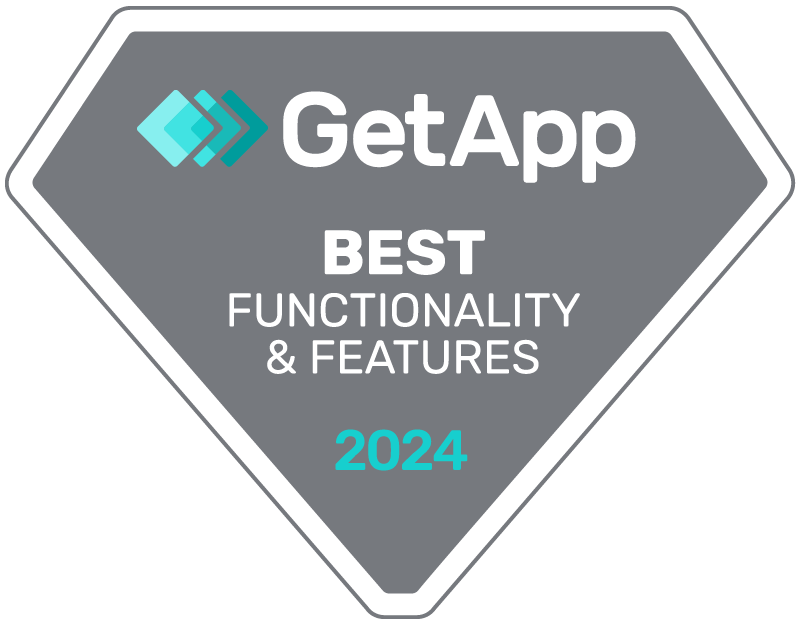Preparing for a new normal

Since March Questback has been surveying employees from a variety of organisations in the UK, Germany, the Nordics and the USA to understand the employee experience during the pandemic. Have people been getting the support they need to work from home effectively? Are organisations paying enough attention to managing employees’ health and wellbeing at this incredibly testing time? What can be learnt for the future?
Certainly, the employee experience has taken a hit from a year ago. Our Qubie surveys track weekly employee feedback, and analysis unsurprisingly shows stark declines from 2019 during our period of lockdown.

However, whilst we have all experienced challenges this year to some extent, data from our recent surveys suggest that largely, employers have acted responsibly and done a good job of looking after their employees in difficult circumstances. In the surveys we have conducted during the pandemic, 87% of participants believe their senior leaders care about their health and wellbeing and 84% feel confident in leadership to make the right decisions for the workforce. The vast majority (89%) of employees say they have faith in their organisation to act responsibly during the crisis and the same percentage are clear on the procedures to follow at work at this time.
The comments that participants shared within the surveys provide a range of useful insights, reminding us of some of the fundamentals for achieving a great employee experience, whatever our new normal looks like:
1. Work-life balance is a priority however we work
Whilst for many, working from home has helped to improve work-life balance, by removing hours wasted on commuting etc, this is not always the case for participants in our pandemic surveys. For many, days are now spent in back to back virtual meetings, which can take its toll. Whilst Zoom and Skype have been a lifesaver for many, some individuals are pointing out that too many meetings keep them from finishing their actual tasks, extending their working day and impinging on work-life balance.
In addition, many employees are currently managing the huge challenge of balancing their own work schedule with home schooling their children – as well as sharing their home-office with partners who may also be trying to work.
It is so important to encourage employees to take care of themselves and do what they can to stay physically healthy – which we all know also has an impact on mental health. As an employer think how you can share ideas about healthy eating, exercise, mindfulness and self-care with the workforce, particularly with a remote workforce. For example, consider instigating challenges that encourage employees to share exercise goals over Fitbits, Apple watches or the other fitness trackers that many people have these days. Look at how you can provide a focus on mental health through online activities or workshops.

Discover what truly motivates your employees so you can skyrocket your productivity and profitability.
Learn more2. Employees need to feel supported wherever they are working
Working from home can be isolating for some, particularly those who live alone. Regular contact with colleagues really helps, and whilst for some this is easy, for those who work very independently, or who are new to an organisation, this may not happen naturally. Some organisations have addressed this successfully by introducing buddy schemes to ensure individuals can access the support they need.
For many it seems that working from home will be the norm for the foreseeable, and there will be employees who now have a preference for doing this on a more permanent basis. This is a serious consideration for organisations, both in terms of the practicalities, and the impact on culture.
Whilst individuals will have been muddling through with the equipment they have in the short term, for employees to work effectively at home for a sustained period, more comprehensive support will be required. Examples could include good quality monitors, headphones, ergonomic chairs and reliable Wi-Fi services.
Regular team meetings and opportunities to collaborate across teams are even more important when people are remote, as are opportunities for informal activities, and “watercooler” chats.
3. Regular communication is more important than ever
With so much going on and the situation changing so fast, regular communication is vital. Now more than ever, employees want to understand the big picture about how their company is doing. How is it faring in terms of longer-term goals and business performance? Are any expected long-term initiatives being delayed or adapted? Being cut off from the bigger picture can breed greater anxiety, so make sure that leadership addresses these issues as much as possible.
On a more personal level, one of the least positive findings from our survey was that only 57% of employees felt they had sufficient information about their company’s health and wellbeing benefits. If you have an Employee Assistance Programme, or are offering supportive tools and activities such as free yoga via Zoom, make sure employees know about it. Other team communication solutions include employee communication software, one which restaurants utilize to keep team interactions and collaborations going.
Many are now wondering what the future of work looks like for them. Undoubtedly, some employees will be anxious about returning to the workplace. Share your plans for returning to work and work arrangements. What preparations are being made to adapt the work environment to make it safer?
Considering these key fundamentals of the employee experience will ensure that staff are able to work effectively and come out the other side in good shape physically and mentally, prepared and ready for the new normal, whatever it might be.









